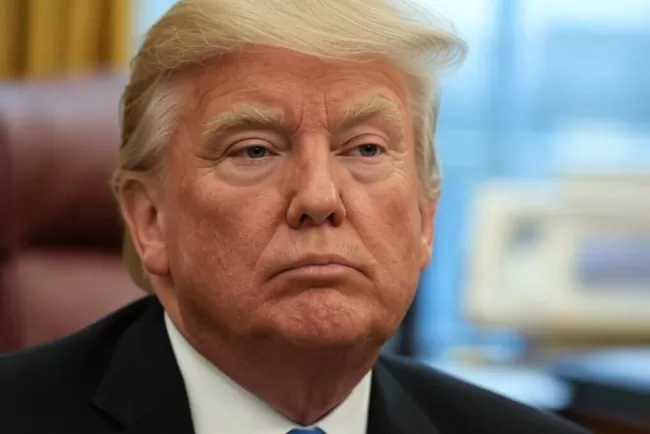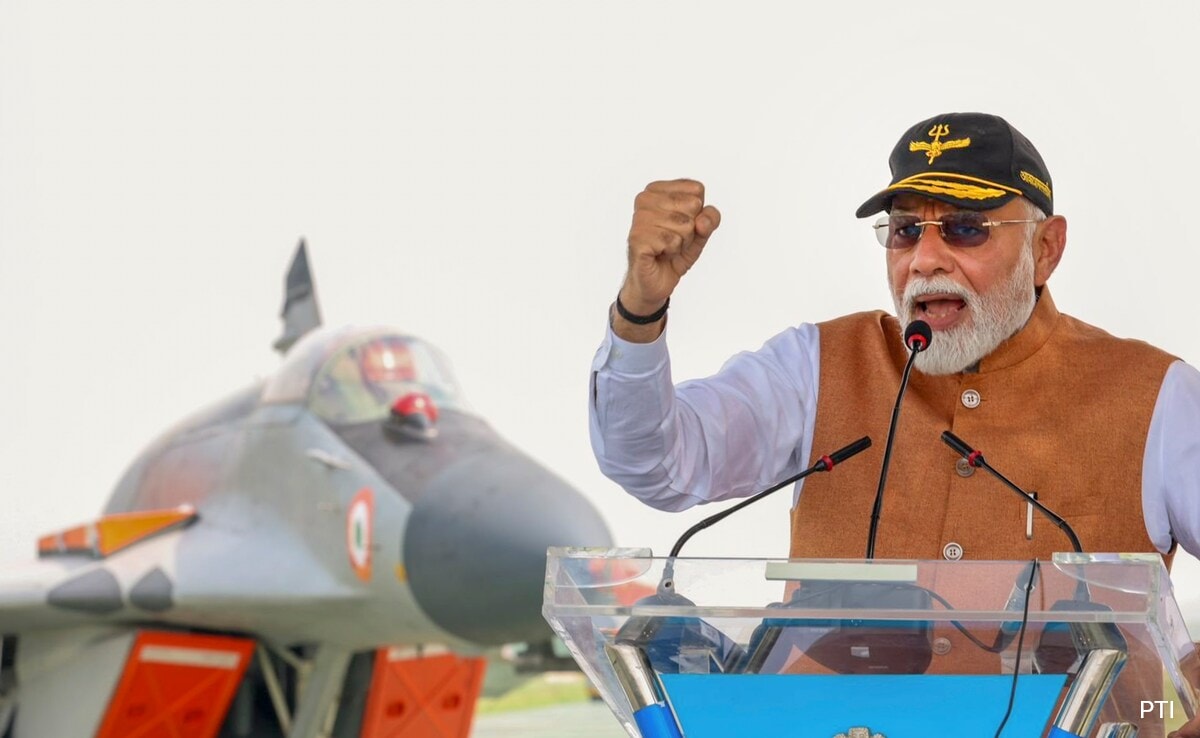Trump's Renewed Approach to North Korea: Diplomatic Challenges Ahead
As Donald Trump hints at rekindling relations with North Korea's Kim Jong-un, questions arise about the future of nuclear negotiations. Will Trump 2.0 bring a breakthrough or further complications?
In a recent Oval Office meeting, U.S. President Donald Trump expressed a desire to reconnect with North Korean leader Kim Jong-un, a relationship he describes as "fantastic." This statement raises eyebrows and highlights the complexities surrounding North Korea's status as a nuclear power. As Trump embarks on his second term, the potential for renewed diplomatic engagement with North Korea looms large, yet the challenges remain formidable.
Historical Context and Current Relations
Trump's prior tenure witnessed unprecedented meetings with Kim, including a historic crossing into North Korean territory. Their relationship, marked by exchanges of "love letters," symbolized a unique diplomatic approach. However, the optimism of these encounters was overshadowed by North Korea's continued development of its nuclear arsenal, which remains the primary focus of international concern.
Despite the apparent warmth, experts argue that Kim Jong-un adeptly manipulated Trump's affable demeanor. As Trump prepares to navigate this complex landscape again, concerns surface regarding North Korea's military advancements, particularly its pursuit of hypersonic missile capabilities and the construction of warships, showcased by recent satellite imagery.
Denuclearization: A Complicated Goal
The term "denuclearization" has been a point of contention and confusion. For the U.S., it historically means the complete dismantlement of North Korea's nuclear capabilities. In contrast, Pyongyang interprets it as a demand for the U.S. to retract its military presence and nuclear capabilities in the region. This disparity complicates any potential negotiations moving forward.
North Korea's insistence on maintaining its nuclear deterrent is enshrined in its constitution, reflecting the regime's view of nuclear weapons as essential to countering perceived threats from the U.S. and its allies. Reports estimate that North Korea currently possesses between 60 to 90 nuclear warheads, with ambitions to expand its arsenal further.
Global Implications and Shifting Alliances
The recent strengthening of ties between North Korea, Russia, and China adds another layer of complexity to the situation. With North Korea reportedly supplying military support to Russia amid the Ukraine conflict, the geopolitical landscape is shifting. Analysts warn of a potential trilateral alliance that could challenge Western interests and further destabilize the region.
As Trump considers his strategy towards North Korea, the implications of these alliances cannot be overlooked. The historic tensions stemming from the Korean War remain unresolved, complicating any efforts toward peace and disarmament. The continued development of North Korea's military capabilities poses a significant threat not only to its neighbors but also to global security.
Future Outlook: Challenges Ahead
While Trump expresses optimism about future talks with Kim, the reality of North Korea's nuclear ambitions and its strategic partnerships with Russia and China presents substantial hurdles. The lack of a clear framework for denuclearization, coupled with ongoing military advancements, suggests that any renewed diplomatic efforts may face significant challenges.
As the international community watches closely, the question remains: can Trump effectively navigate the complexities of U.S.-North Korea relations to achieve a lasting resolution, or will the cycle of tension and mistrust continue? The stakes are high, and the path forward is fraught with uncertainty.
For continuous updates and expert analysis on North Korea and global affairs, stay engaged with our content.
What's Your Reaction?
















